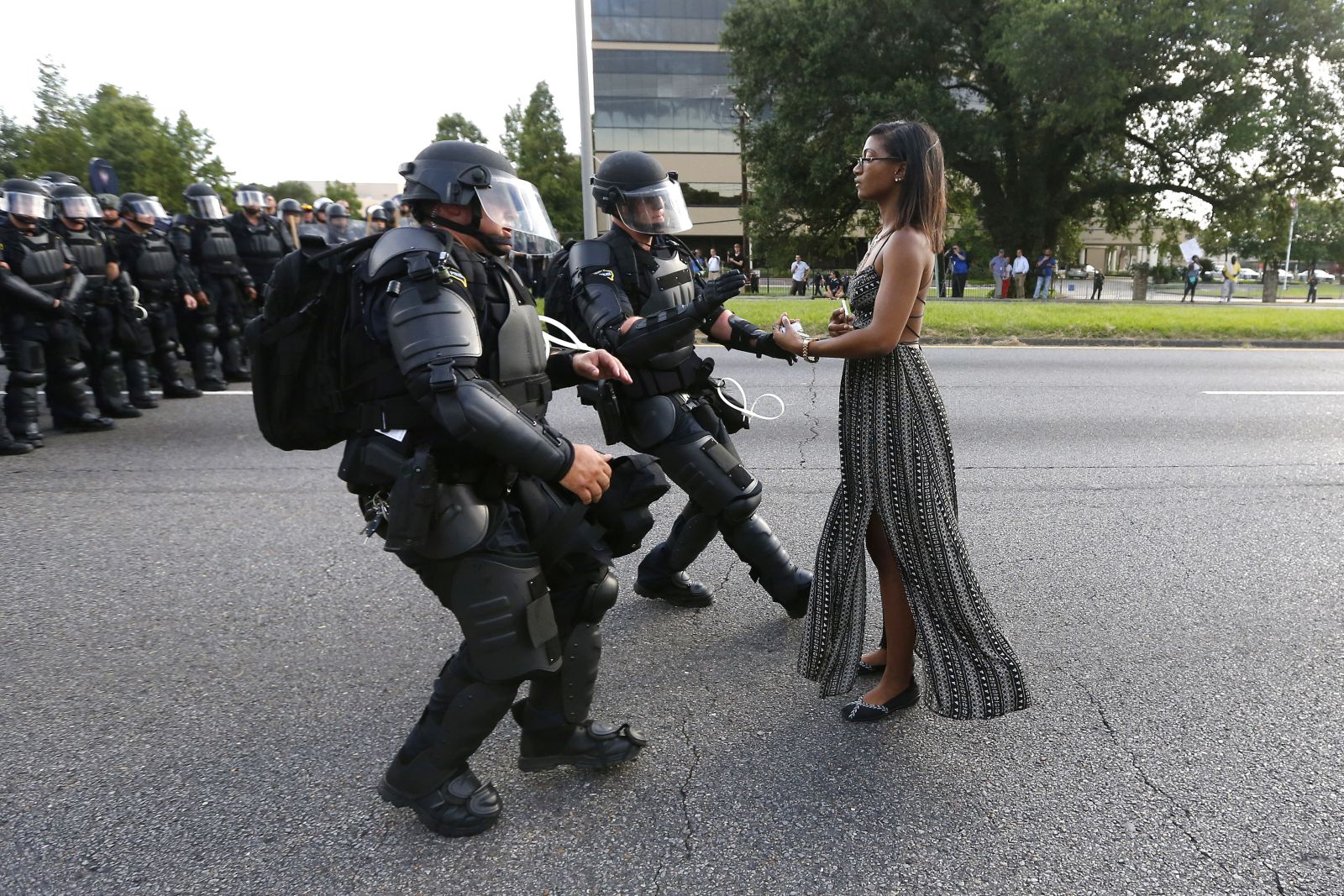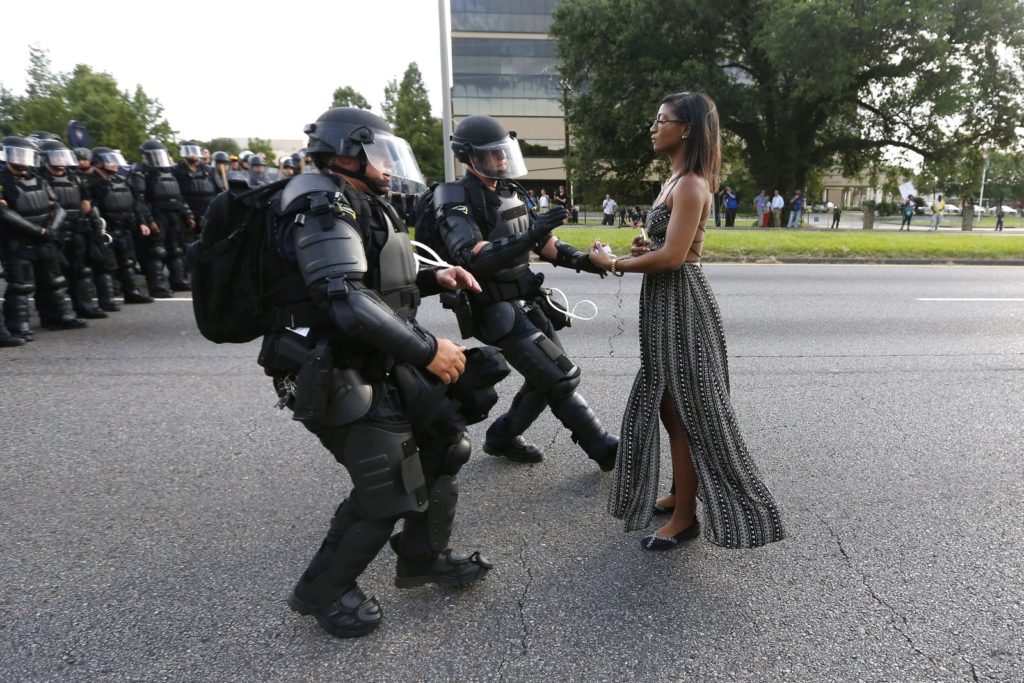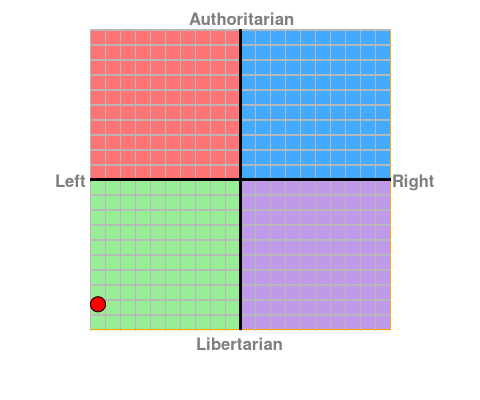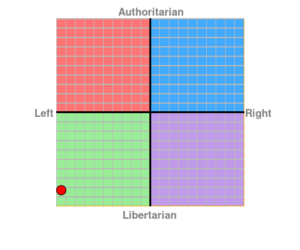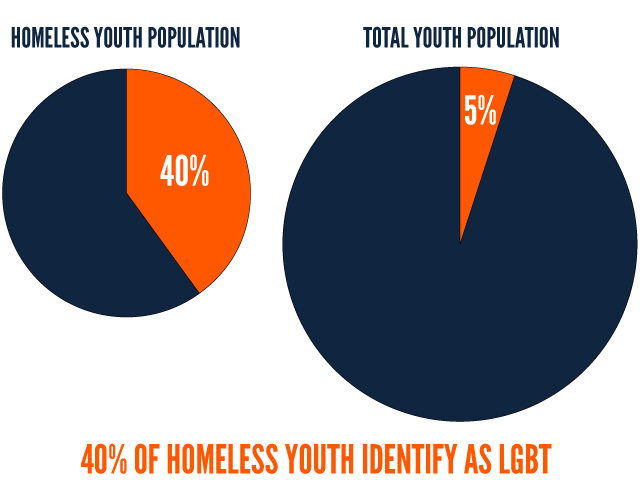Look, I have an idea. Let’s let the military handle policing.
What, that’s a bad idea? Yes, yes, I know about the Posse Comitatus Act. I know that “military occupation” isn’t exactly a happy thought. But hear me out here – this is actually a legitimate idea.
Let’s be clear, I’m not talking about the Army or the National Guard taking over for the police. I’m talking more about something like the Coast Guard. A new, separate branch of the military. It would have an organizational command structure just like any other branch, with ranks and chain of command. As police forces already have this, I’m not not talking about a huge organizational change at the local level. What I am talking about is a unified entity on a national scale.
Recruits would be drawn from every part of the country, assigned to a training base in a group, and trained as a whole. Initial training would be the same as the military, with less of an emphasis on unit tactics and weaponry. Recruits would be indoctrinated into the rules of military engagement, which are, quite honestly, more civilian-friendly than what’s being taught to the police currently roaming the streets. Once the physical aspect of the training was over, there would be a more intensive criminal justice training. Graduates from this 4-month boot camp would then be assigned to a one-year training cycle with a senior patrol training officer. Assignments would be nationwide, not likely from the recruit’s hometown. A large emphasis on community-based policing would be employed, with patrol officers building relationships.
Once the one-year assignment was up, recruits would become full-fledged patrol officers, and begin working their way up the various ranks. They would be eligible for relocation assignments. Police stations would become micro-bases, and the chain of command would follow up to the Pentagon level. Internal investigations would be handled by a Judge Advocate General, a body far-removed from the patrol level and with much more transparency and oversight.
Military-style force (SWAT interdictions) would require authorization and coordination above the local level – the local police chief wouldn’t be able to call up a tank without going up the chain of command.
Look, we operate military and peacekeeping forces in active warzones, where anyone can be a combatant, and we still wind up with less civilian casualties from ground units. We forge relationships on the ground to help the local populations. When shit gets real and bullets start flying, we have rules for our soldiers, and when they break those rules, they are punished. We don’t have that for our police. We don’t have police forces that integrate with the community. I live in a relatively affluent, largely white area, and I don’t know a single police officer. The ones I’ve interacted with have made me feel uncomfortable and I was just a possible witness. And I’m about as white as there is.
My point is that our individual police forces have failed many communities, particularly communities of color. For those communities, the police are already an occupying force, one that abuses them with impunity. Having the discipline, training, chain of command, transparency, and oversight of a military branch would turn policing into the community defense that it should be.
